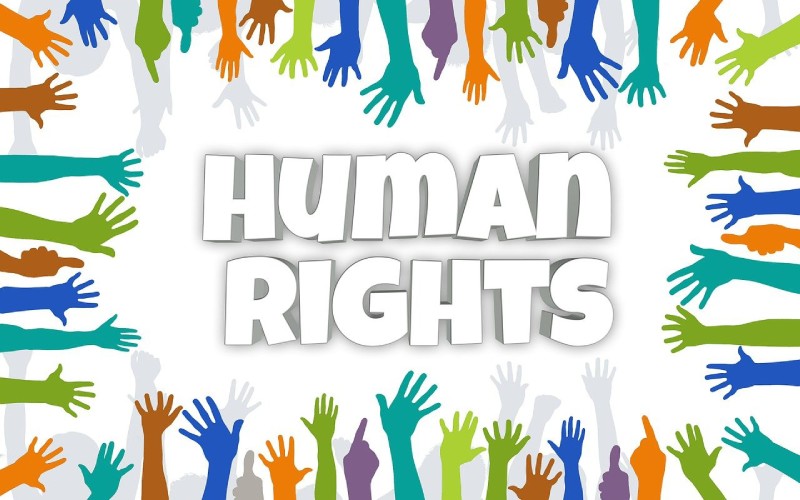Sexual extortion (sextortion) is a specific form of sexual abuse and exploitation that contains elements of gender-based violence and corruption. Precisely for these reasons, we can say that it is a specific form of corrupt behavior in which the service provider uses his position of power (real or imagined) to obtain certain sexual services (of any form) from another person in exchange for the performed service. It is most often directed towards women, and a typical example of such corruption can be found in institutions where persons who have the “power” to decide on the position of other employed persons, as a counter-service for promotions in the service (deserved or undeserved), ask for sexual services.
The very name sexual extortion is problematic, since the term extortion is mainly related to actions that are accompanied by the use of violence, force or the threat of using force in order to obtain some benefit or service from another person. However, in the case of sexual extortion, there is no use of force or the threat of using force, but instead an official position or authority that arises from a social, political, professional or some other position is used, in order to induce another person, in order to exercise their own interests, to perform sexual acts. There are similarities with the crime of Rape by Abuse of Position, as well as with the crime of Sexual Blackmail, but it cannot be identified with those crimes, because sexual extortion is about the ‘voluntary’ performance of sexual acts which, in the context of this crime, represent compensation for the service performed by another person. Therefore, there is voluntariness on the part of the one who performs such actions and at the same time a corrupt relationship that is shrouded in secrecy by both participants.
In the following text, we will analyze the regulations related to gender-based violence and corruption, as well as some other areas related to them, in order to determine whether the legislator in Bosnia and Herzegovina and the Republic of Srpska recognized this behavior as a form of gender-based violence or as a form of corruption.
An analysis of regulations regarding sexual extortion is available here.



